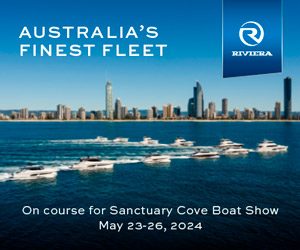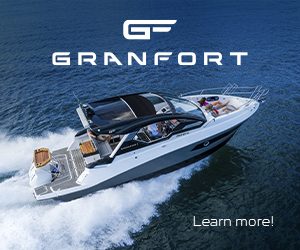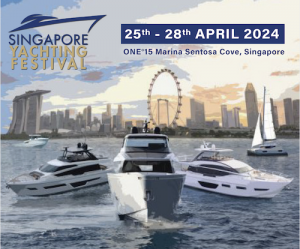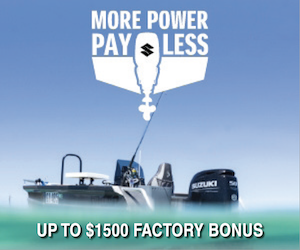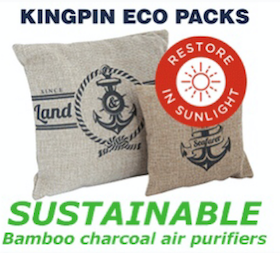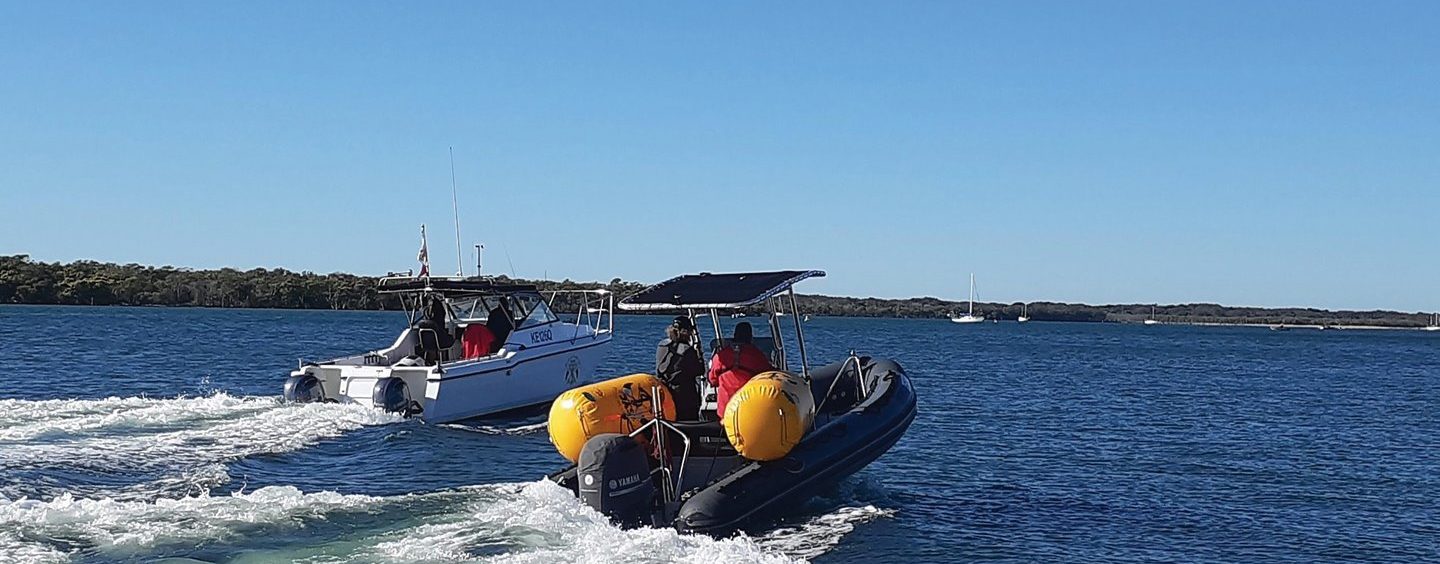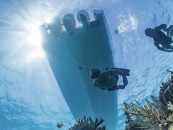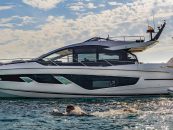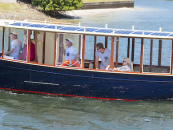FRIEND OR FOE?
By Ms Claire Strodder, Maritime Lawyer
Yachting and boating clubs are a normal part of the Australian cultural landscape and have been for generations. Like other recreational activities (bowls clubs and sporting clubs spring to mind), boating clubs allow like-minded people to gather together, socialise and enjoy their common aquatic activities in an organised and mutually enjoyable way.
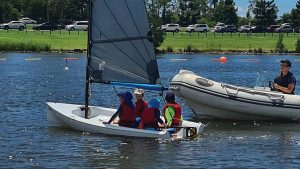 Usually, such clubs are organised as ‘not for profit incorporated associations’ (“NFPA’s”) in accordance with the state legislation that governs such matters. They are usually governed by a committee formed of members, have meetings, and sometimes operate club premises and even marinas. Occasionally, a boat club NFPA will operate significant food and drink businesses in their club premises, and offer other activities such as lessons or run large organised events such as regattas or races. But at their heart, boating clubs are organisations that are intended to advance the activity that they are organised around for the benefit of their members.
Usually, such clubs are organised as ‘not for profit incorporated associations’ (“NFPA’s”) in accordance with the state legislation that governs such matters. They are usually governed by a committee formed of members, have meetings, and sometimes operate club premises and even marinas. Occasionally, a boat club NFPA will operate significant food and drink businesses in their club premises, and offer other activities such as lessons or run large organised events such as regattas or races. But at their heart, boating clubs are organisations that are intended to advance the activity that they are organised around for the benefit of their members.
When the definition of a Domestic Commercial Vessel (“DCV”) was under discussion during the development of the Marine Safety (Domestic Commercial Vessel) National Law Act 2012 (Cth) (“the National Law”), it was recognised that the broad definition of a DCV might capture vessels owned by boating clubs and similar community associations. A DCV is a vessel used in connection with a commercial activity, government activity or a research activity. A NFPA may conduct a variety of business-like activities, and so any vessel owned by the NFPA (or possibly even a vessel owned by one of its members and used in connection with the NFPA) might be caught by the definition and so be considered a DCV.
You can imagine the huge number of sailing skiffs, canoes, kayaks, runabouts and so on, owned by sailing and boating clubs across the country suddenly becoming DCVs overnight.
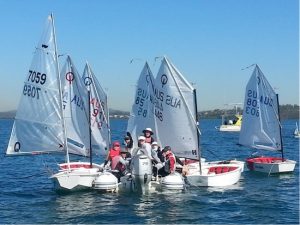 The broad definition of a DCV is intended to include vessels bringing in any form of income – this includes hire-and-drives, accommodation hire on the internet, charters, ferry services, and so on. This means that even if the vessel use could be considered for ‘recreation’, if it is used in connection with a commercial activity, such as where money changes hands, the vessel is still a DCV for the purposes of the National Law. Being considered a DCV triggers the need for a number of certificates (certificate of survey and operation) and a safety management system (SMS) to legally operate the vessel in Australia. Being a DCV also changes the insurance law that applies. This can be a costly and time-consuming exercise.
The broad definition of a DCV is intended to include vessels bringing in any form of income – this includes hire-and-drives, accommodation hire on the internet, charters, ferry services, and so on. This means that even if the vessel use could be considered for ‘recreation’, if it is used in connection with a commercial activity, such as where money changes hands, the vessel is still a DCV for the purposes of the National Law. Being considered a DCV triggers the need for a number of certificates (certificate of survey and operation) and a safety management system (SMS) to legally operate the vessel in Australia. Being a DCV also changes the insurance law that applies. This can be a costly and time-consuming exercise.
Consequently, the drafters of the National Law included an exemption for NFPAs. That is, a vessel owned by an NFPA is exempt from the National Law and is not to be considered as a DCV.
But like all exemptions, it can invite people to explore whether there is a commercial advantage in creating an NFPA that operates cheaper and less regulated recreational vessels. Be very careful of any such operation.
SO, WHAT IS THE EXEMPTION?
Under section 7(3) of the National Law, a vessel is not a DCV if it is owned by a “community group of any kind prescribed by the regulations”. The relevant regulation is the Marine Safety (Domestic Commercial Vessel) National Law Regulation 2013 (Cth) (“the Regulation”). Section 6 of the Regulation sets out that a “community group” is an association (whether incorporated or not), one that does not operate for a profit or gain to its members and one that is by the terms of its constituent document (i.e. the constitution or operating rules) prohibited from making any property or monetary distribution to its members.
If the owner of your DCV is a community group NFPA, its vessels are recreational vessels regulated under relevant state law. They are not DCVs under the National Law.
WHAT DOES THIS MEAN FOR NOT-FOR-PROFITS?
Just like any other entity in Australia, NFPA’s can run on commercial lines, so long as they are ‘not for profit’ and no benefits are returned to members. But the character of the NFPA as a community group remains the foundation of the exemption in the National Law.
HOW DO YOU FORM AN NFPA?
If you are interested in forming an NFPA and owning vessels through this type of business structure, you can form an incorporated association, attract members from the community, and the NFPA can buy recreational vessels for the members to use. The processes and rules surrounding formation of NFPAs differ depending on where you are. Usually, the process involves completing an application form, paying a fee, determining who the office holders and members of the NFPA will be, setting the NFPA’s operational rules and so on.
BEWARE – WATCH FOR THE PITFALLS
Forming an NFPA and being exempt from the usual DCV certification standards may seem attractive to some boat owners, but beware.
There are several pitfalls that we can see, including:
> Just because a vessel is recreationally registered does not mean that the recreational standard of safety for vessels and their operation is adequate. The legal concept of negligence requires satisfying a duty of care to an NFPA’s members, their guests and possibly to other waterways users. It is likely that a court would find the duty of care imposed on an NFPA is higher than the usual recreational vessel owner.
> Members of an NFPA should appreciate that the vessels are not DCVs and have not been built, surveyed, inspected or operated to commercial standards.
> NFPAs may operate their vessels far more frequently than the typical recreational vessel that may only see occasional use. It follows that increased maintenance is required and critical failures may occur.
> If an NFPA has been created to avoid DCV requirements, then we imagine the regulators may take a close interest, particularly if the NFPA is conducting itself in the same way as any other ‘hire-and-drive’ business.
> An NFPA’s insurance may also not respond if it is operating a de facto commercial ‘hire-and-drive’ operation. The nature of the NFPA as a community-based group is fundamental to the exemption.
Be very cautious if you are considering joining an NFPA that is enticing people by marketing to join as members just so they can use certain vessels. In our view, such arrangements may well fall foul of the regulator, may result in insurance problems, and most importantly, may result in injury or death because the vessel will not be up to the commercial standards relating to construction, survey and operation.
WHAT NEXT?
If you want more guidance, please contact the team at Pacific Maritime Lawyers on 1300 797 627 and we would be very happy to help.
www.pacificmaritimelawyers.com.au
Published in print October-December 2021


